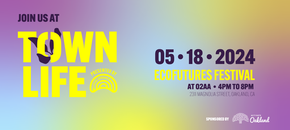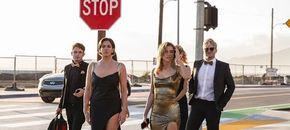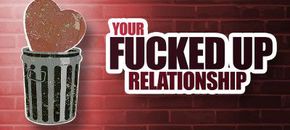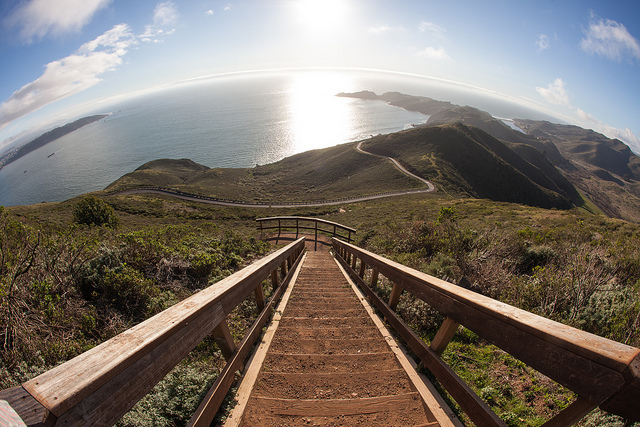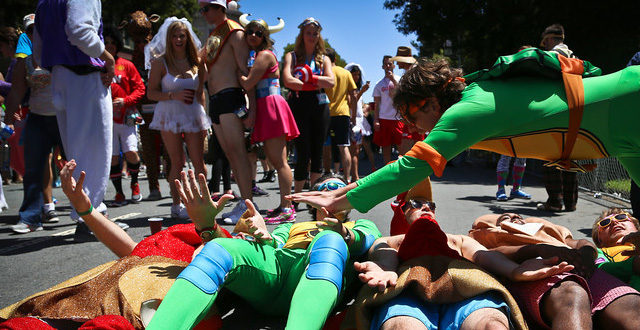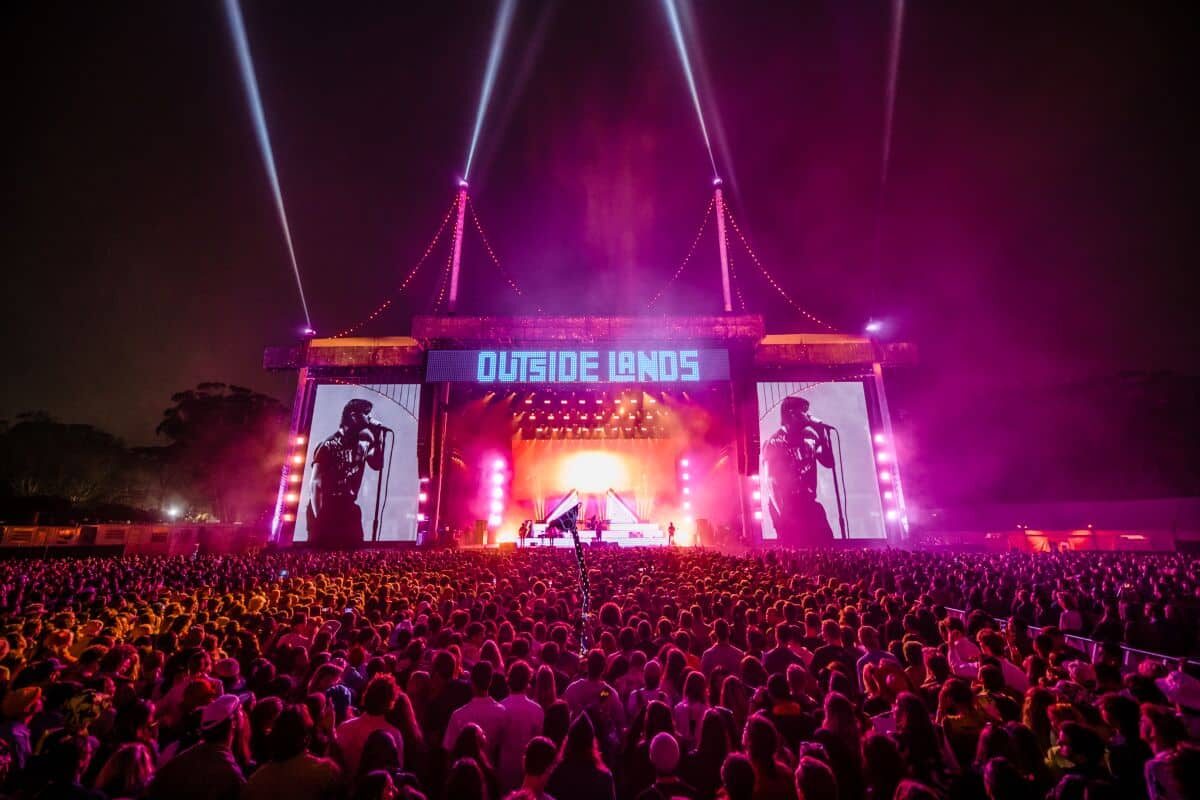Food Truck Pioneer Roy Choi Brings ‘L.A. Son’ to Bay Area
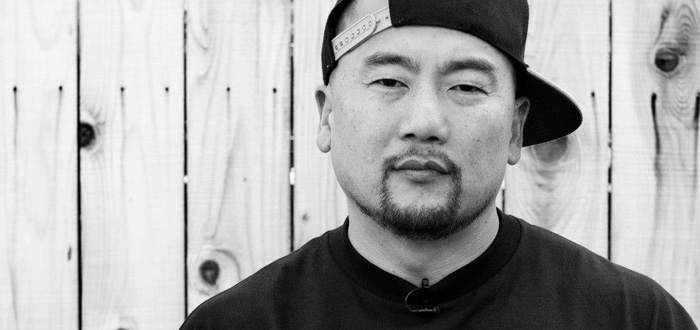
“Sometimes in the food world, we only talk about the pretty things and great recipes that are a little bit outside of what people live through,” says restaurateur Roy Choi, discussing his new cookbook that somehow managed to top both the Asian and Mexican cookbook lists on Amazon last week. “I wanted to create a book that felt like Milpitas.”
Choi, most famous for inventing the Korean taco and igniting the food truck movement with his Kogi food-truck fleet in Los Angeles, is now shaking up the food publishing scene with a new memoir/cookbook, L.A. Son, the first release from Anthony Bourdain’s new publishing imprint.
For L.A. Son, Choi kept three goals in mind: Make it affordable, truly tell the story of L.A. immigrant life and always keep it rated R. He succeeds at all three, but in addition to the L.A. immigrant story, his narrative details his own struggle with adversity, addiction and finding his calling in life.
Choi moved from South Korea to Koreatown in Los Angeles as an infant. His parents failed with liquor store and restaurant businesses before striking gold with a jewelry business that grew from hand-to-hand sales to an appointments-only storefront with the family name. As their wealth grew (they eventually moved into Nolan Ryan’s former Orange County house), Choi struggled with his identity in SoCal’s bleached-blond suburbs.
He turned to the streets, disappearing alone for days and bumming around Hollywood, becoming the only Asian member of a Latino lowrider club and running with a crew of roughnecks called the Grove Street Mob. He had flirtations with alcoholism and crack before going all in with the soft touch of green felt on Indian casino card tables.
Throughout all of Choi’s troubles, there was food, and you’ll find the recipes throughout the pages of L.A. Son: carne asada with the lowriders, pho and pork fried rice from casinos and some of the healing dishes from his mother’s kitchen after his parents finally staged an intervention for his gambling addiction.
It was also food that saved Choi from self-destruction after a chance encounter with Emeril Lagasse’s TV show inspired him, at age 26, to enroll at the Culinary Institute of America in New York.
He excelled and found an understudy job at Eric Ripert’s famed Le Bernardin in New York before returning to the West Coast. Back in California, a string of hotel and resort gigs culminated in Choi serving as Northern California regional manager at Embassy Suites, overseeing 10 hotels, including four in the Bay Area, before moving on to a high-profile gig as chef de cuisine at the Beverly Hilton.
Somehow, after all of that, Choi found himself jobless during the height of the economic downturn in 2008, and with help from a friend, the idea for the Korean taco, the Kogi food truck empire and now L.A. Son were born.
“I think the great part of it now, in that arc, is that it’s moving further and further away from having to define it as a Korean guy doing this and it’s just becoming a story that inspires others,” Choi says. “It doesn’t matter where you come from or what color you are, it’s just an American story.”
Below, Roy Choi shares his thoughts on a variety of topics. He arrives in the Bay Area Nov. 22-23 to discuss his book in San Francisco at Omnivore Books, with other stops in Oakland and Napa.
On Race:
“I really don’t believe in protecting any old ideologies. Who cares if our parents fucked up or the draconian laws that our ancestors transcribed. We’re here right now and we have the opportunities to change it. We don’t have to follow what our elders say.
“Whether you’re white, immigrant or black, we have skeletons and social injustices and issues in our lives and I think we’re all aware and smart enough to stop believing that those things aren’t true and to look and them and see sometimes who silly they are.”
On living the American dream:
“It’s hard to think about that from the inside out. If the American dream is truly defined by reinvention, capitalism, entrepreneurship and evolving into something more and being able to share that with others, yeah, that’s a great American dream. I lived it and I’m still here.”
On Entrepreneurship:
“I tried to mask it and be a salary man, and I survived as long as I could, but eventually I think it was all written for me to be an entrepreneur.”
“When you put that word out—it’s such a long word, right? It feels like you have to architect this major thing to live up to it. But I think the true essence is when you don’t do that and it just comes out.”
“The ideas I get are coming from wherever I am. I’m traveling throughout the city, bouncing in and out of kitchens, I’m out there on the streets feeding people, I’m going to meetings, I’m bouncing back out and driving, thinking and listening. I’m always moving and I think by always moving, that’s my office and it creates virtual ideas, and those become realities.”
On Writing L.A. Son:
“I had to write most of the stuff between midnight and 6am because I had to tap into a place that was blocked off. I couldn’t write about those things when other people were awake because I would consciously think people were looking at it or concerned about it.”
“Even if you haven’t read in awhile, you can read this book because it’s alive. It just feels like me talking to you, right here, and I write about shit that you might care about. It’s about low-riding, gambling, food and things like that.”
On Thanksgiving:
“I’m not a big Thanksgiving guy, I don’t believe in the lies that holiday represents. It’s never really been a big deal to me and beyond philosophical views, I always worked on Thanksgiving. Now that I don’t work on Thanksgiving, I’m kind of shock still. My spirit is more with the Native Americans, and they’re not celebrating Thanksgiving.”
“If we really want to make this a Thanksgiving we need to confront our own skeletons in society and stop creating these myths built around commerce and advertising.”
L.A. Son is available at bookstores and online now. Choi’s book tour arrives in the Bay Area with stops in San Francisco (Omnivore Books), Napa (Culinary Institute of America) and Oakland (Hawker Fair) on Nov. 22-23. More info.

